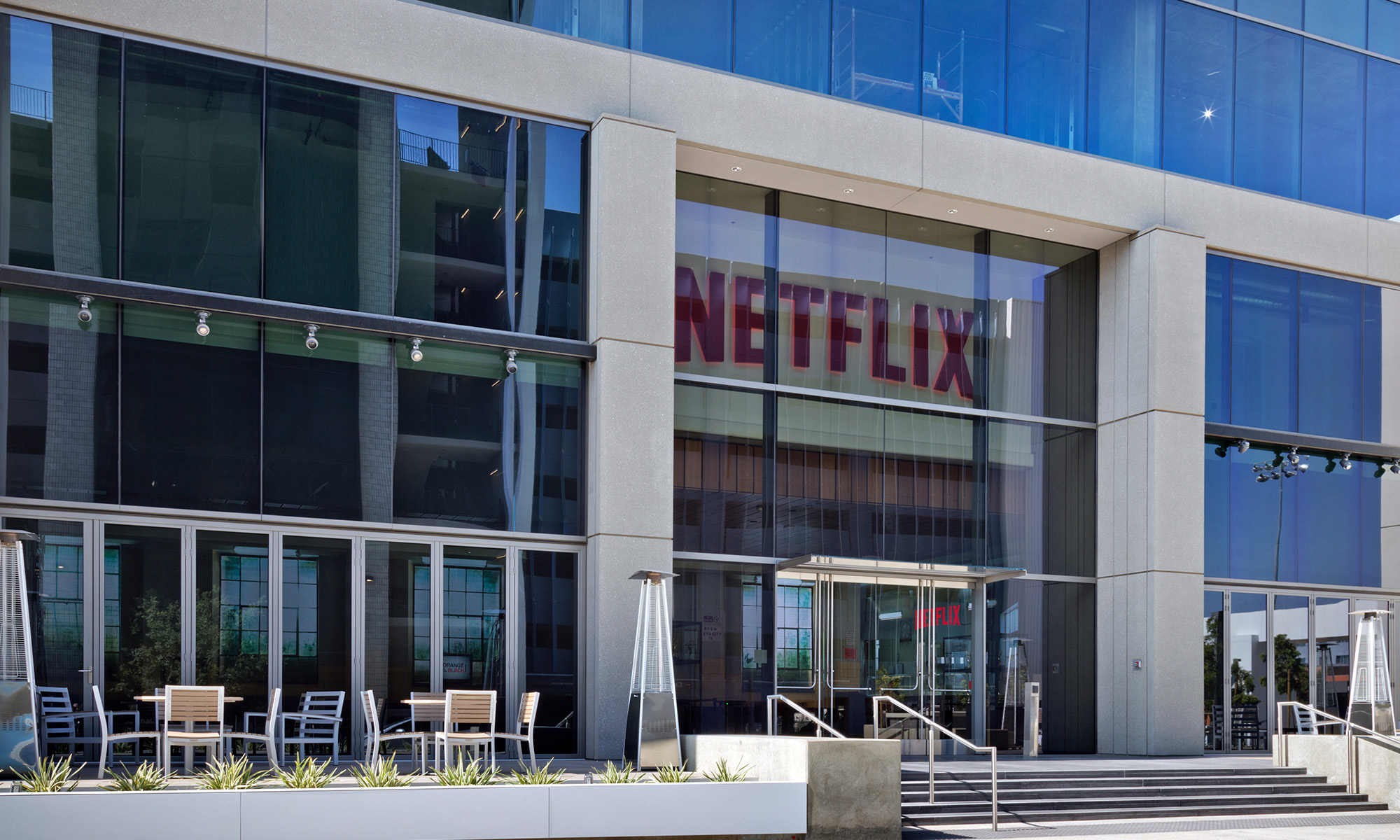
Source: Netflix.
Netflix (NFLX 1.75%) is up by more than 80% in the first half of 2014, as the company is performing extraordinarily well in spite of challenges such as the growing competitive threat from Amazon.com (AMZN 0.53%) and its recent alliance with Time Warner's (TWX +0.00%) HBO. Netflix carries considerable risks for investors; however, it looks well positioned to continue beating the market in 2014 and beyond.
Firing on all cylinders
Netflix is clearly moving in the right direction lately, and it's doing so at full speed, in terms of the quality of both its service and its financial performance.
Widely successful titles such as House of Cards and Orange Is the New Black represent a crucial differentiating factor for Netflix. Even after it raised the price for new subscribers from $7.99 to $8.99 monthly, the customer proposition is becoming increasingly attractive thanks to a growing library of highly demanded content.
Netflix is still gaining new subscribers at an impressive rate; the company added 4 million streaming subscribers in the first quarter of 2014, bringing the total subscriber base to 48.35 million members. This represents a considerable acceleration versus 3.05 million new members in the same period during 2013.
Sales increased 24.5% to $1.27 billion during the quarter, and contribution margin more than doubled from 7% in the first quarter of last year to 15.6%. Rapidly growing sales and expanding profit margins allowed Netflix to generate an explosive increase in earnings per share, from $0.05 per share to $0.86 per share.
After such a steep rise in the stock, Netflix trades at aggressively high valuation ratios when comparing the stock price along traditional valuation metrics like earnings per share. This means the stock is priced for growth, and Netflix is clearly vulnerable to any possible slowdown or disappointment that may arise down the road.
However, on a long-term basis, the company has enormous room for expansion, both in the U.S. and in international markets. As long as Netflix continues attracting new subscribers at a healthy rate while producing expanding profit margins, earnings should continue growing rapidly, so any short-term dip in the stock could be considered a buying opportunity for investors.
Competitive landscape
None of this means the company is exempt from risks. Rising competitive pressure from Amazon and its recent alliance with Time Warner's HBO is an important threat to watch. Amazon and Time Warner are arguably Netflix's most challenging competitors, and the fact that they are joining forces in online video is clearly a risk worth watching.
Amazon is one of the most innovative and aggressively competitive companies in the world. It reportedly has "tens of millions" Amazon Prime subscribers, and the Amazon Instant Video collection offers more than 200,000 titles available for purchase or for rent.
Time Warner and its HBO are crucial Netflix competitors when it comes to content quality. In its latest letter to shareholders, Netflix proudly quotes a survey saying that viewers rate the company as the second best original programming outlet, behind HBO. References to Time Warner's HBO are quite habitual coming from Netflix; in the letter, management says: "We are approaching 50 million global members, but that is far short of HBO's 130 million. We are eager to close the gap."
Amazon and Time Warner have recently signed a deal making Amazon Prime Instant Video the online-only subscription home for many HBO shows, including widely popular series such as The Sopranos, Six Feet Under, and Band of Brothers, among others.
Investors need to monitor the alliance between Amazon and Time Warner and its possible impact on Netflix. However, there is no reason to believe that online streaming will necessarily be a zero-sum game in which only one company can succeed. Just like the traditional TV business, online streaming could easily provide enough room for Netflix, Amazon, and other players to thrive and grow in the long term.
From Netflix's letter to shareholders: "Since much of the content on Netflix and Amazon Prime -- as well as Hulu in the U.S. -- is mutually exclusive, many consumers see value in subscribing to all three networks."
Foolish takeaway
A growing library of high-quality exclusive content, remarkable growth rates in its subscriber base, and expanding profitability are some of the main reasons behind Netflix's explosive gains in 2014. The stock is trading at a demanding valuation, and competition from Amazon and Time Warner's HBO could represent a considerable challenge in the medium term. However, this amazing growth story is far from over.







